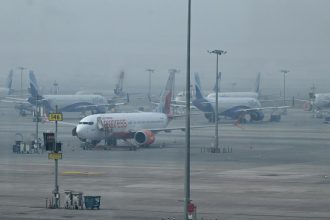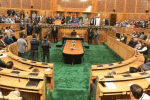NEW DELHI: In the aftermath of a devastating crash that shook the nation, India’s top aviation safety regulator has sought to bring some reassurance to travelers. The Directorate General of Civil Aviation (DGCA) confirmed on Tuesday, June 17, that its close inspection of Air India’s Boeing 787 fleet revealed no major safety issues.
This announcement comes just days after a harrowing tragedy on June 12, when an Air India Boeing 787-8 Dreamliner, carrying 242 people and bound for London, crashed seconds after takeoff from Ahmedabad. The crash took the lives of all but one passenger onboard, along with nearly 30 residents on the ground—an incident that left families grieving and communities in shock.
According to the DGCA, surveillance checks conducted on the fleet showed that “the aircraft and associated maintenance systems were found to be compliant with existing safety standards.” The statement is intended to offer clarity and a sense of accountability in a time of public concern.
In response to the accident, the regulator ordered an “enhanced safety inspection” of all 33 of Air India’s Boeing 787 aircraft. As of Tuesday, 24 of them have undergone the required checks.
Still, the regulator is not turning a blind eye to the bigger picture. In a meeting with Air India’s senior leadership, the DGCA raised red flags about recurring maintenance-related issues and called for stricter compliance. The agency urged the airline to reinforce coordination across departments and ensure a consistent stock of spare parts to avoid service disruptions and further passenger distress.
The meeting also involved officials from Air India Express as part of a broader review of operational readiness, especially as flight demand continues to surge.
For many, the crash serves as a painful reminder of the critical importance of aviation safety. The regulator’s statement may not erase the loss, but it is a step toward transparency, accountability, and—most importantly—preventing such tragedies from happening again.








